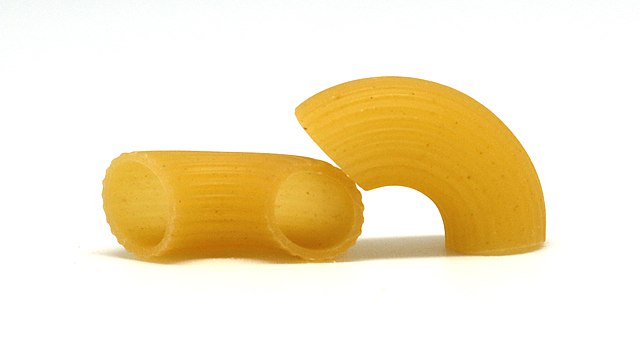Farmers, agricultural organizations and successive ministers of agriculture see only one solution to the problem of excess grain on the Polish market-stopping imports and increasing exports. Meanwhile, Marek Dabrowski, president of the Polish Chamber of Pasta, has a completely different proposal.
The Food Portal published an interview by editor Jakub Szymanek with Marek Dabrowski, president of the Polish Chamber of Pasta, who calls for seeing in the surplus of grain on the Polish market not a problem, but an opportunity that should only be put to good use. The PIM president recalls that the Chamber has repeatedly made offers to the Polish Government to join in the search for markets for grain, since the best solution, in PIM’s opinion, would be to include Poland pasta in products intended for humanitarian aid to countries in Asia and North Africa.
“This is how we can solve the wheat problem,” says Marek Dabrowski. “This aid could involve pasta from reserves accumulated at the Strategic Reserve Agency, which will then be replenished with current products, or pasta produced for this purpose by a group of producers set up by the Polish Pasta Chamber. This is one way of managing the huge surplus of domestic wheat as well as that imported from Ukraine. In this case, this assistance must be covered by a government order. We are open to such cooperation and further talks with the government.
According to the PIM president, subsidies to farmers for sold grain are a very good idea, but not a solution to the problem-subsidies will not make the grain less, it will still be in the country, just in another warehouse. Systemic and long-term solutions are needed, such as developing a system of government transport subsidies for pasta that is exported outside the EU market.
“The subsidy system should cover the cost of transportation from the production plant to the port of destination, or to the place of delivery if transportation is by land, but outside the European Union,” says Marek Dabrowski. “The introduction of such a solution will make it possible to use the wheat surplus accumulated by Polish producers. The support system (…) will affect the entire production chain, starting with wheat producers, through mills and producers of cartons and foils. This will have a positive impact on the tight situation of wheat surpluses on the domestic market today.
Source: Wrp.pl
